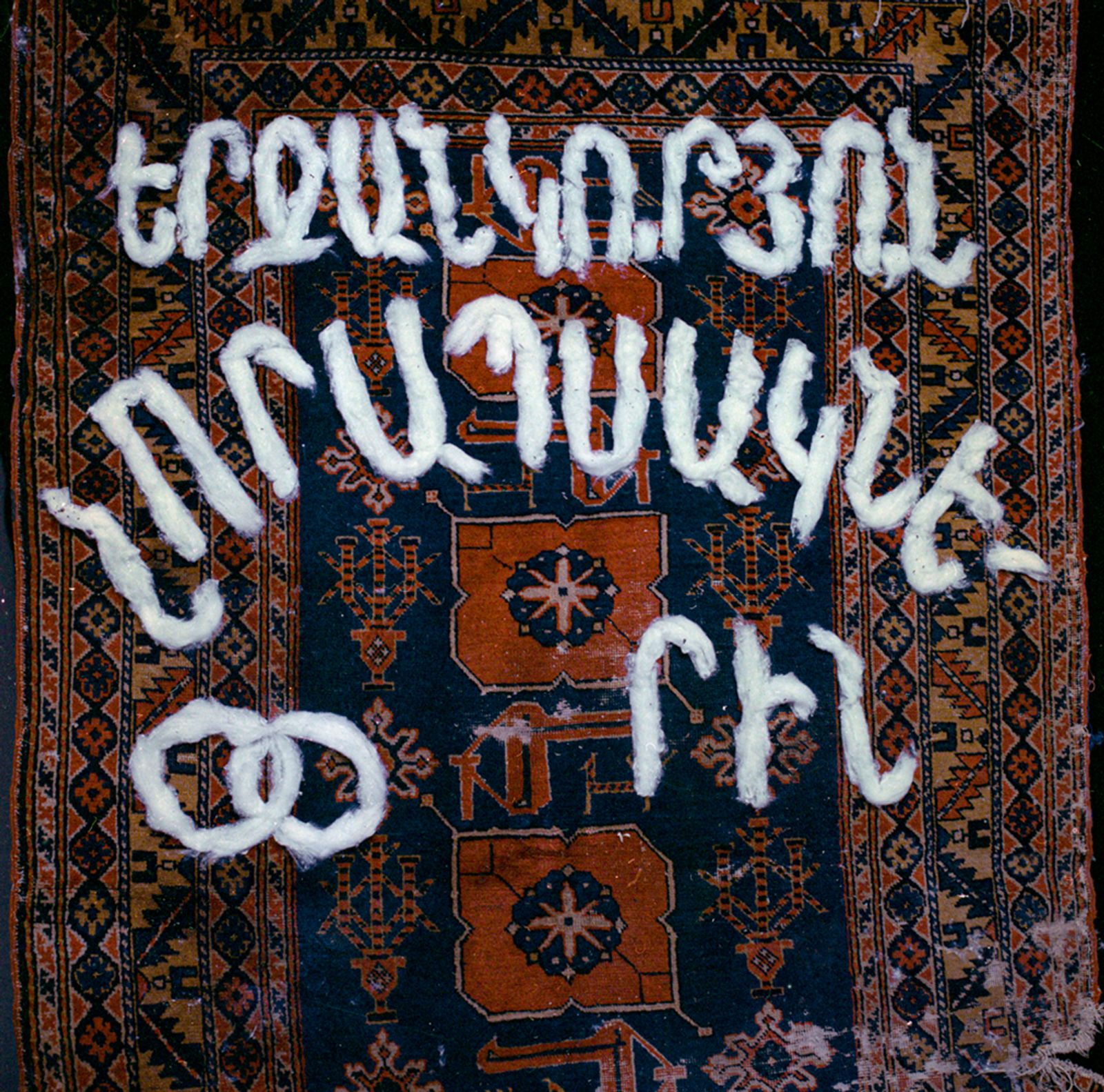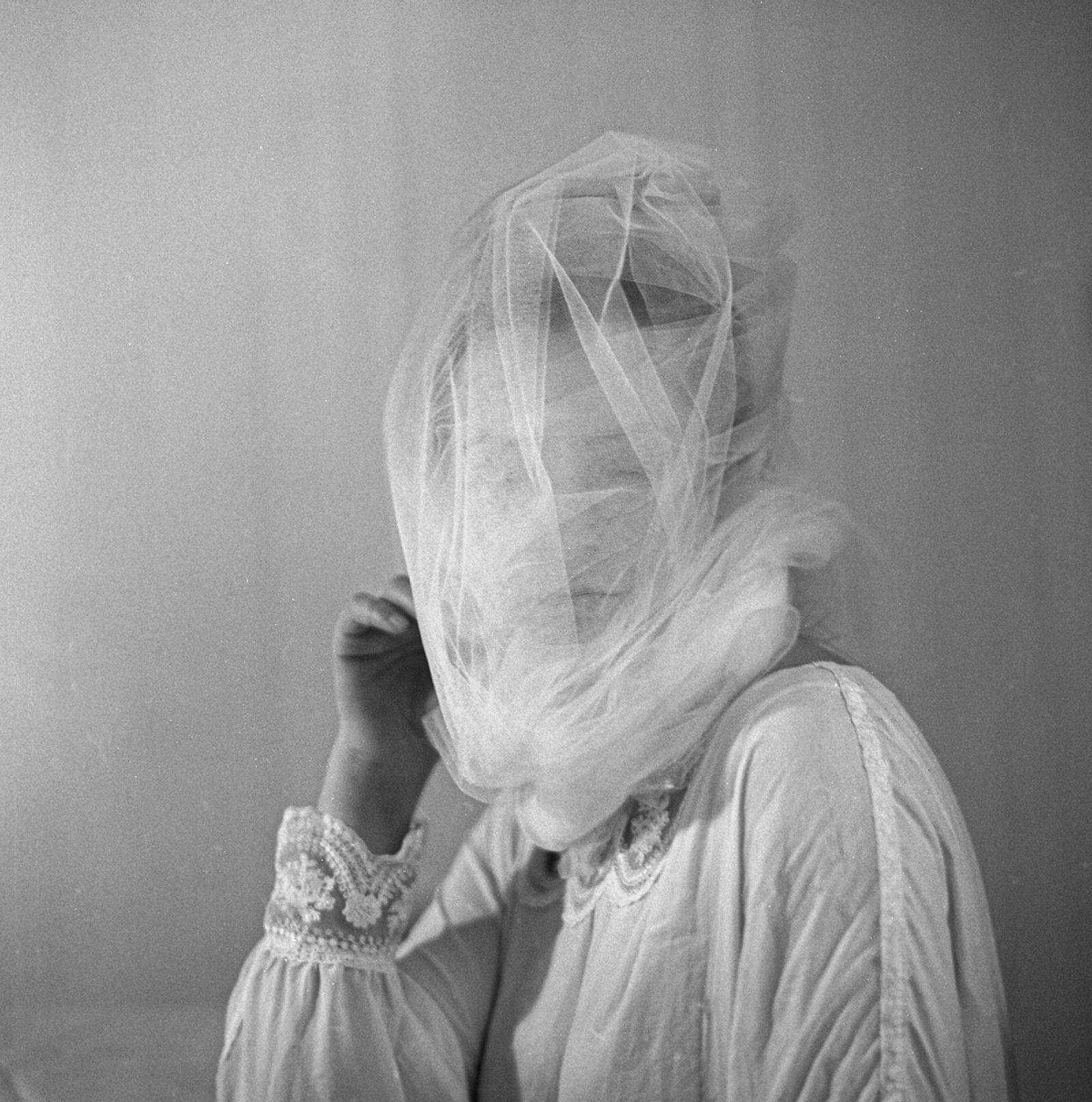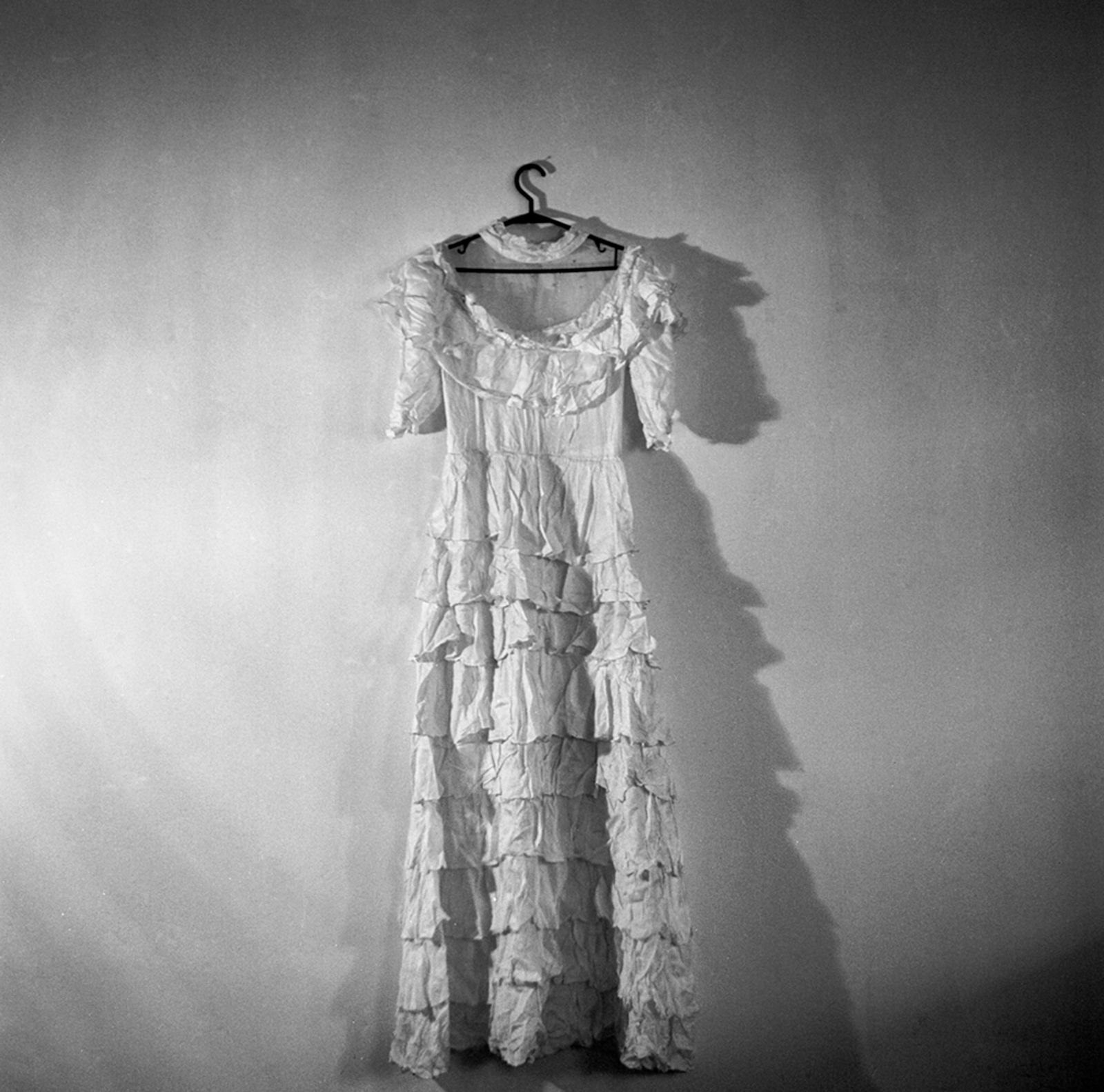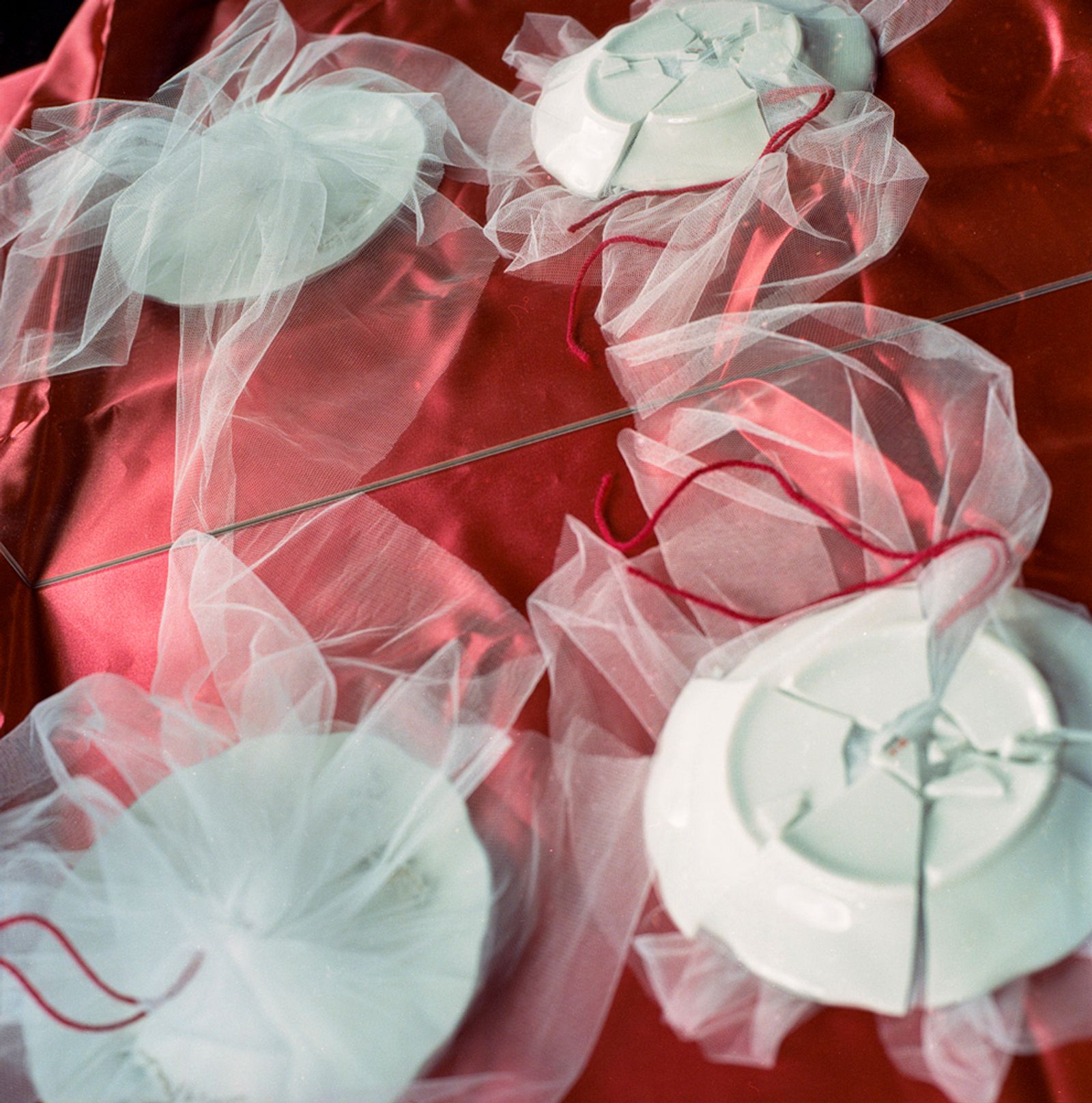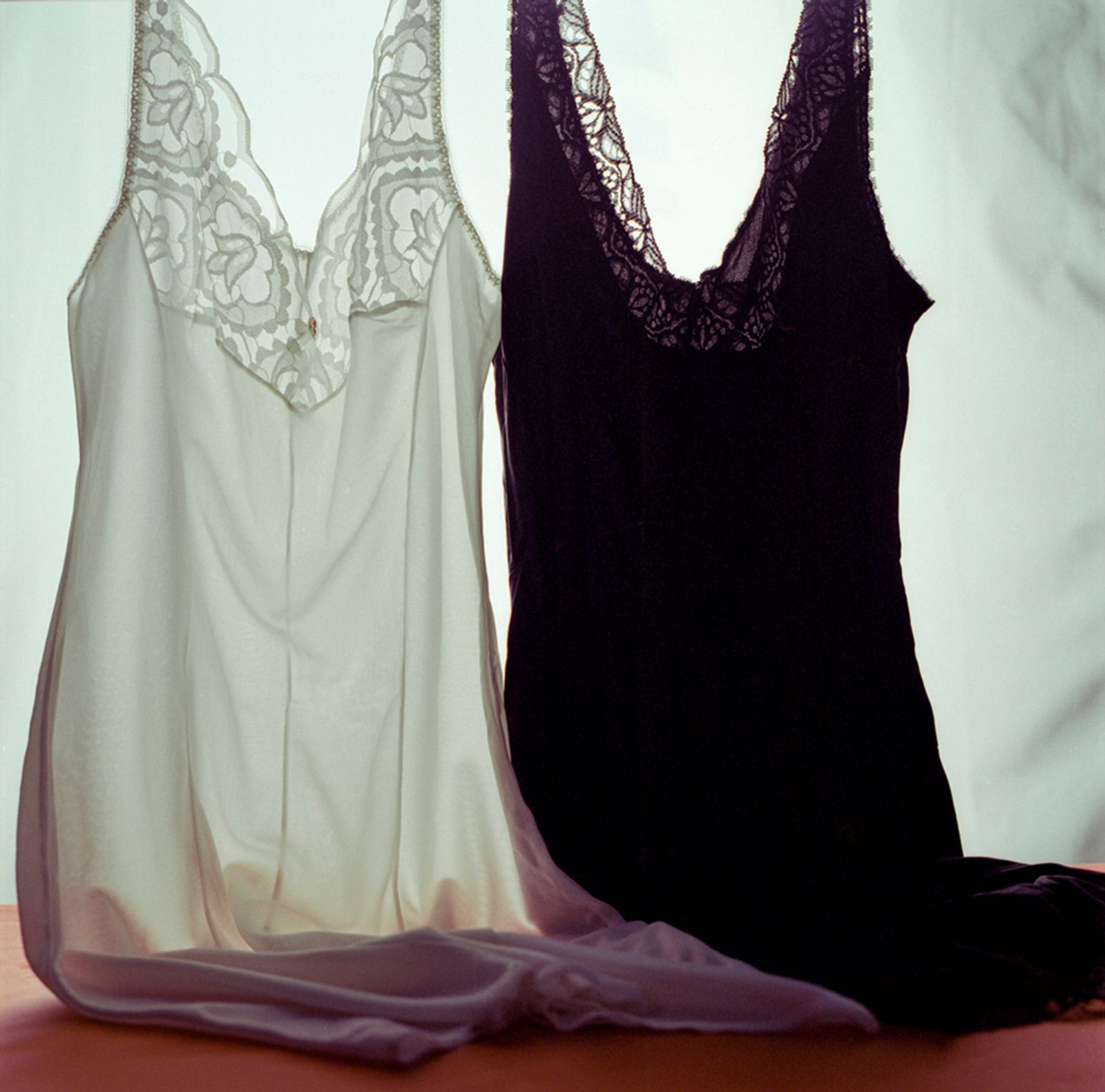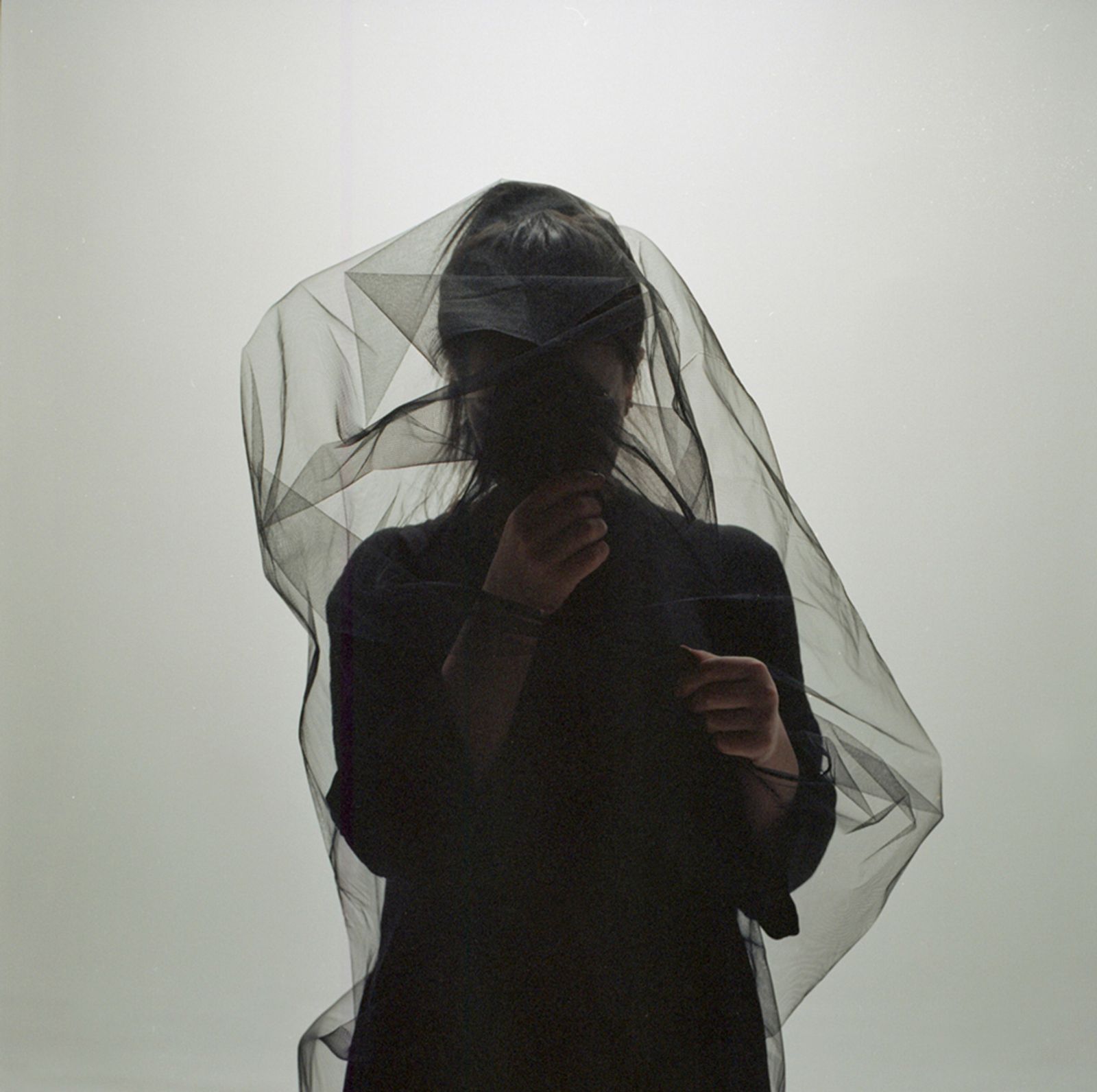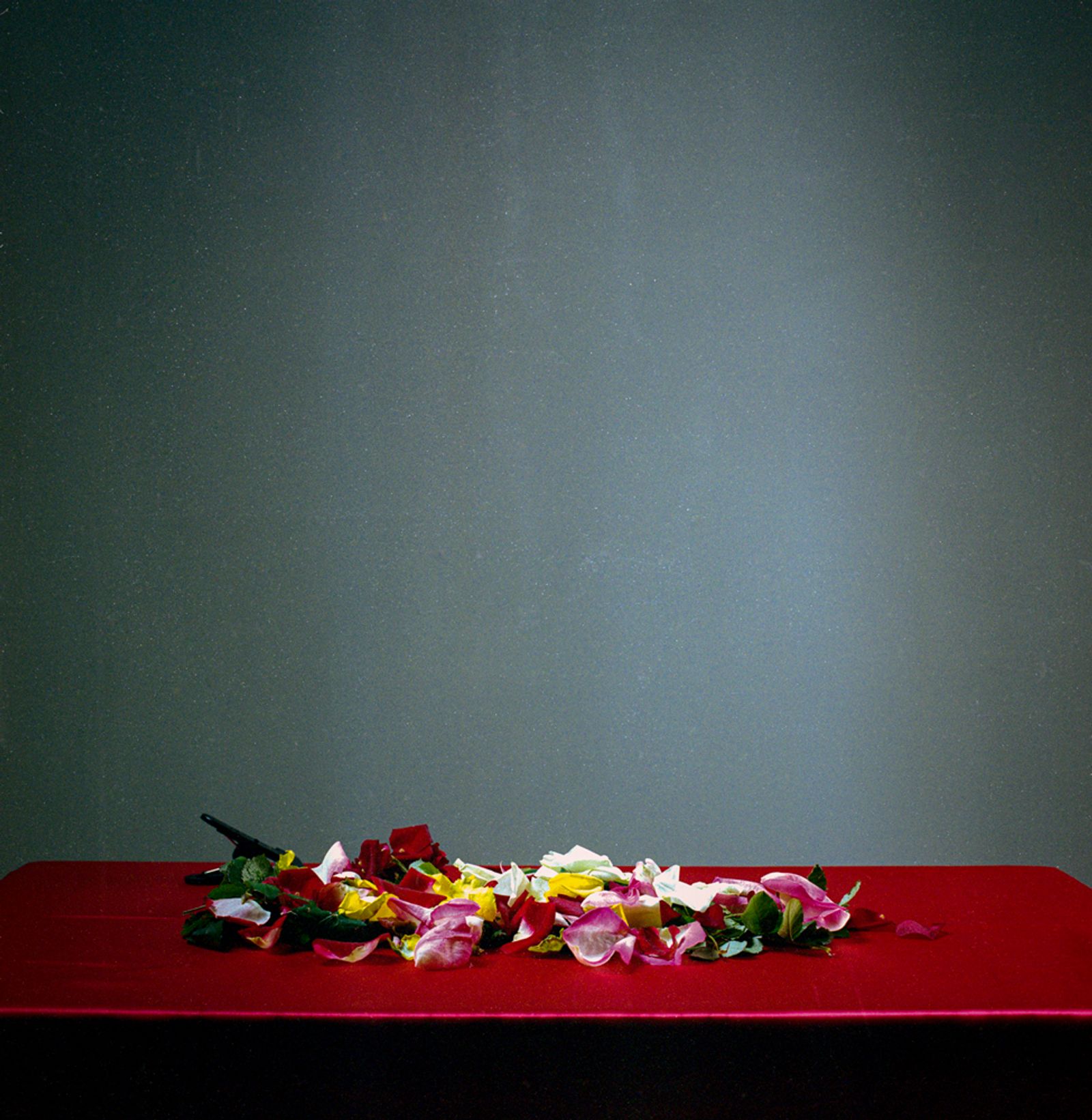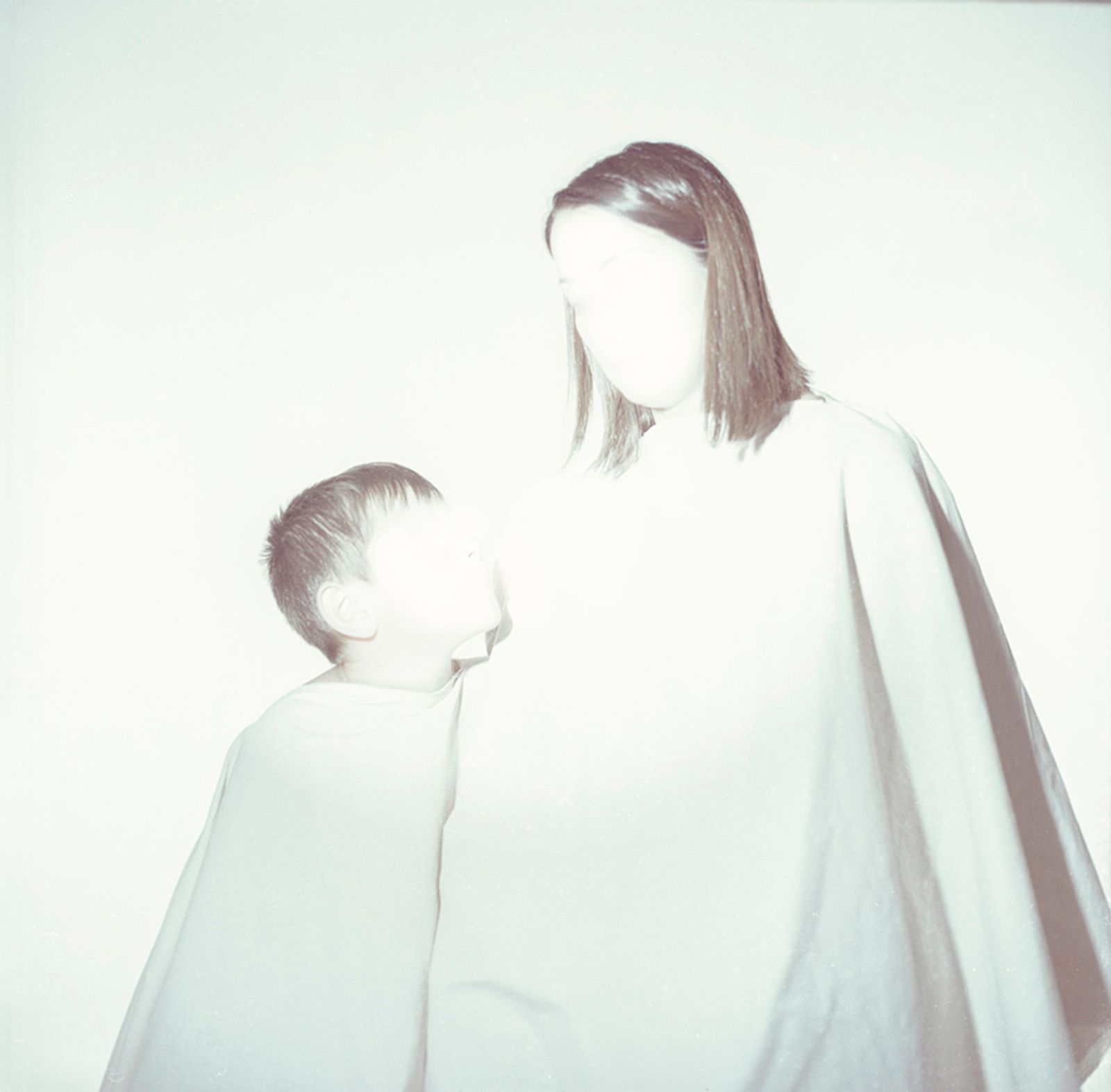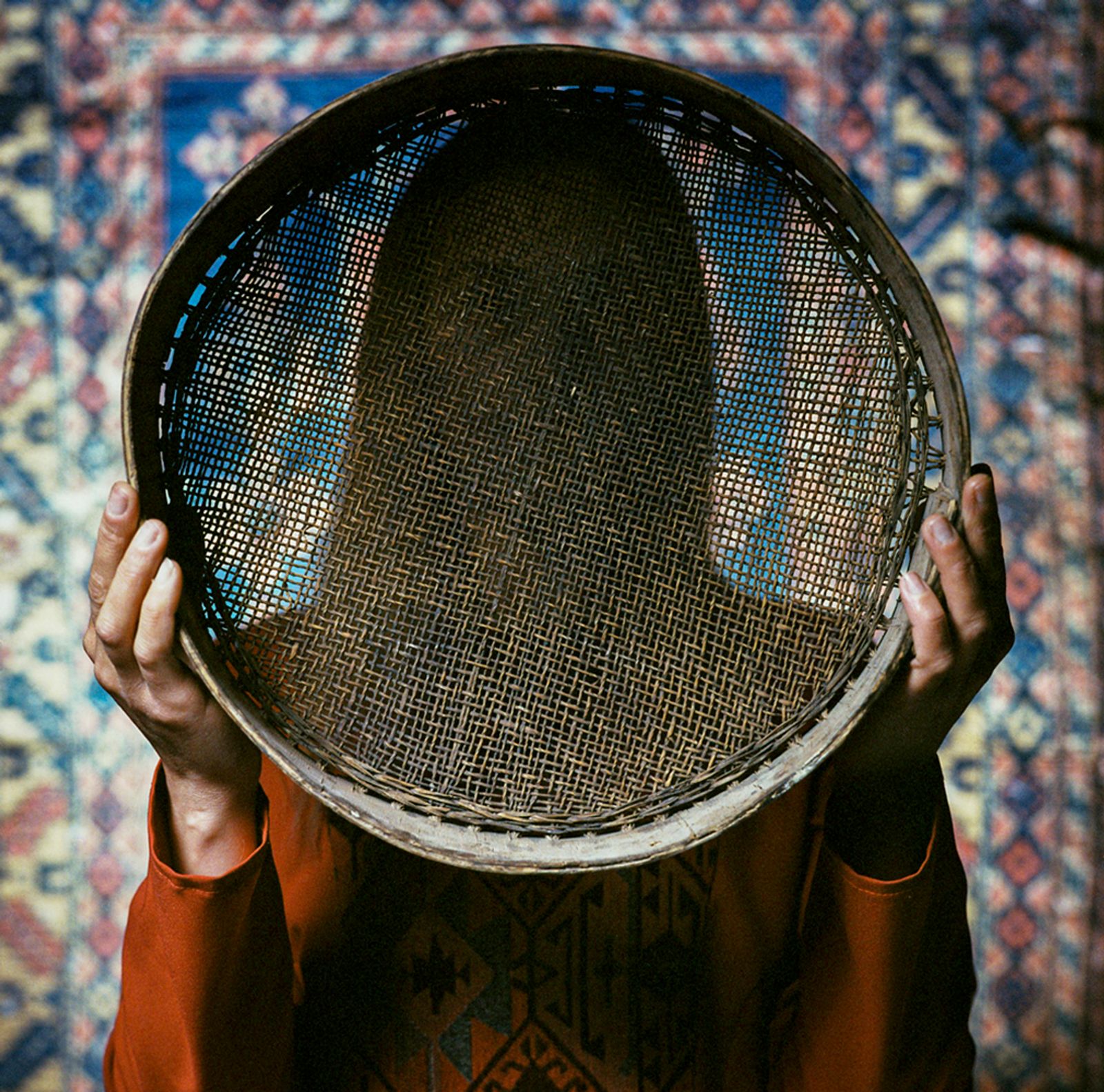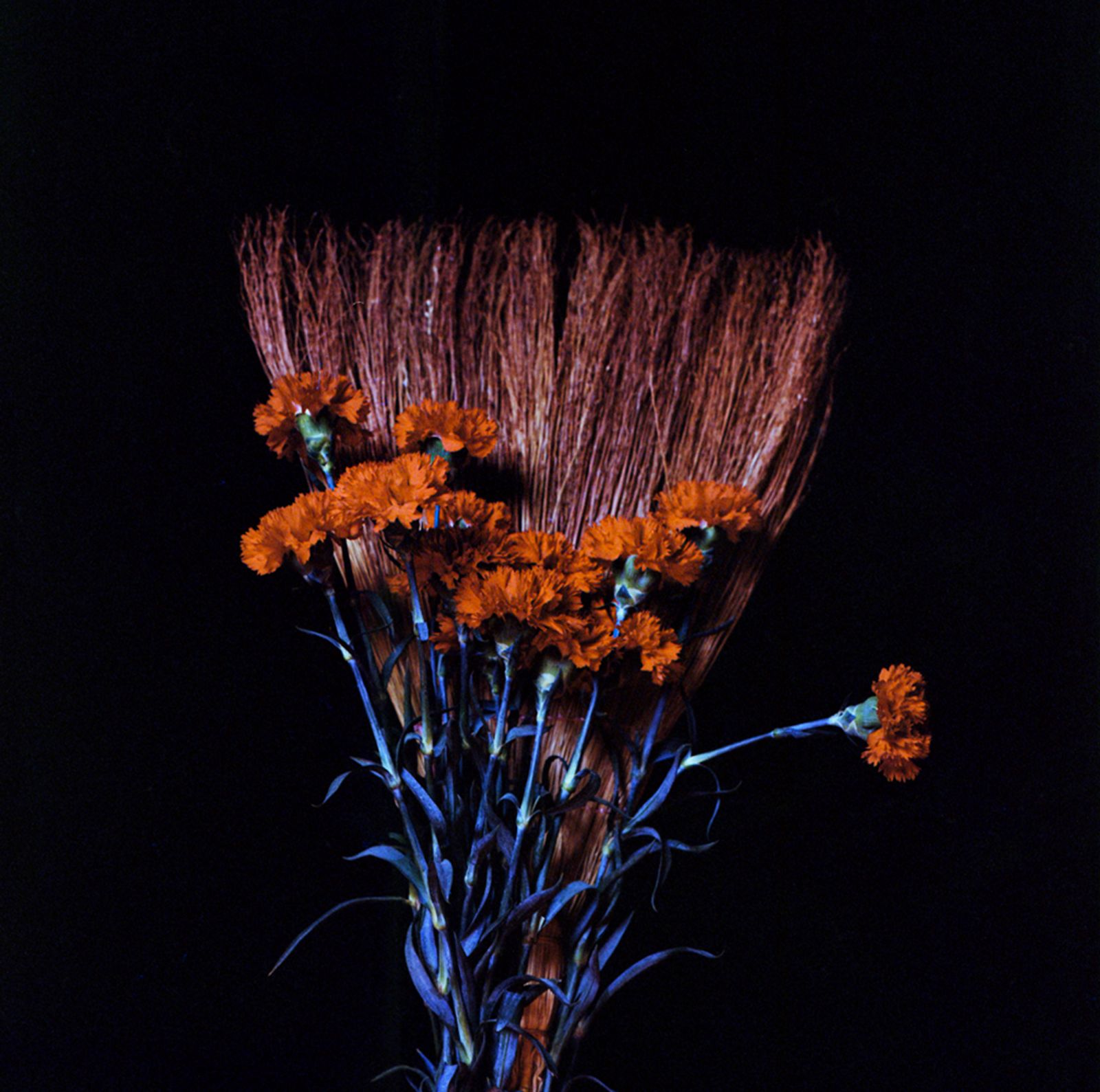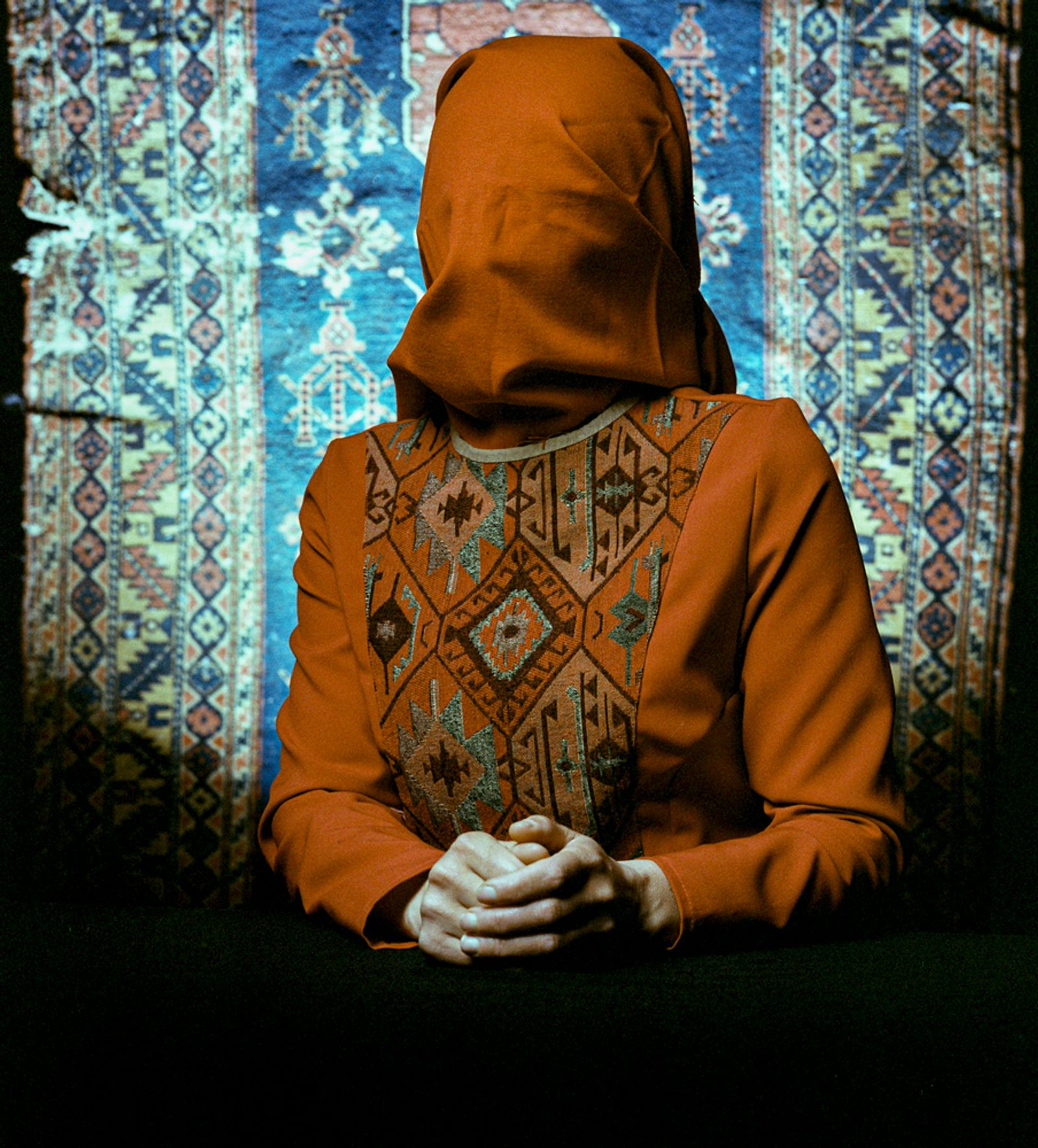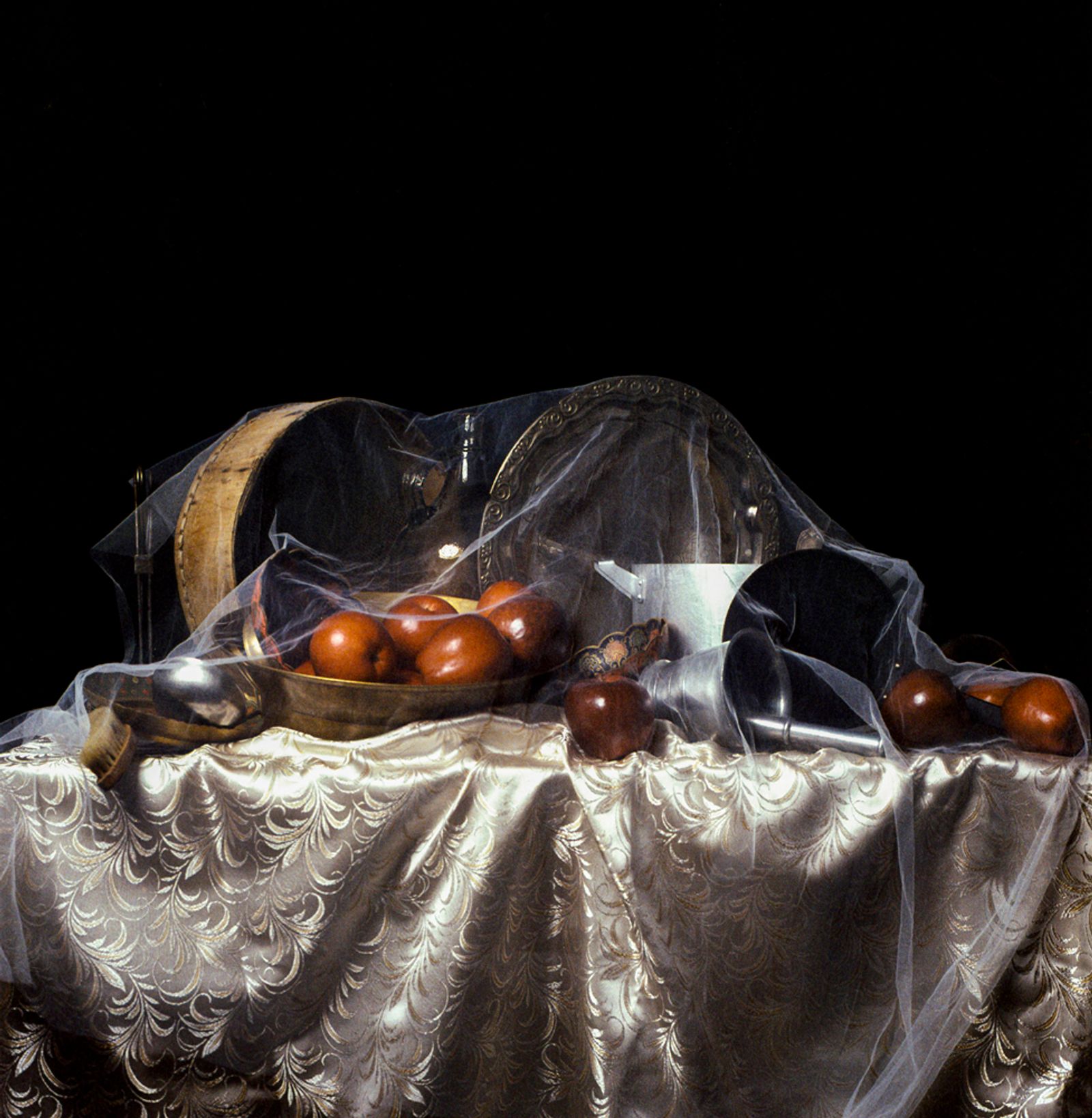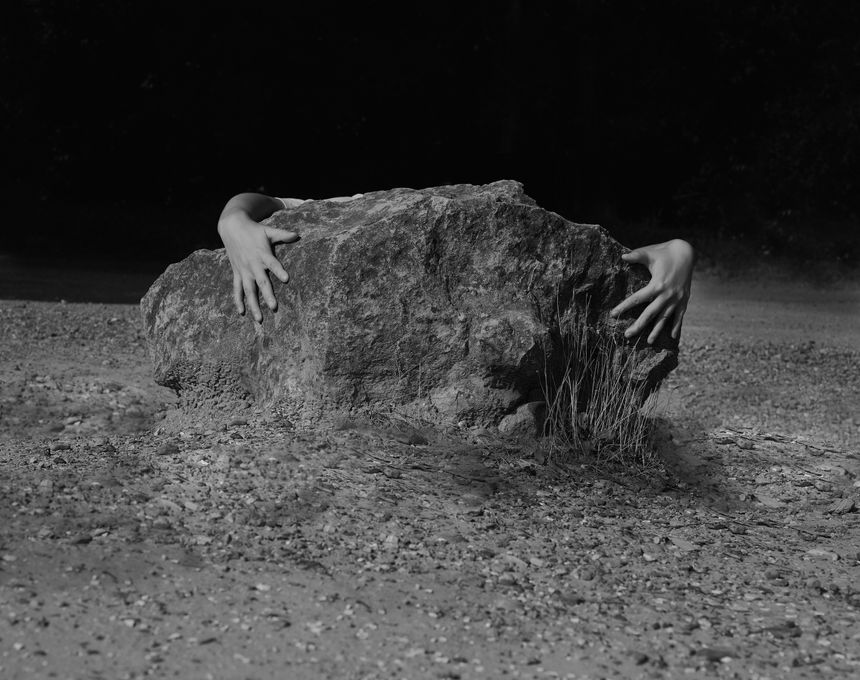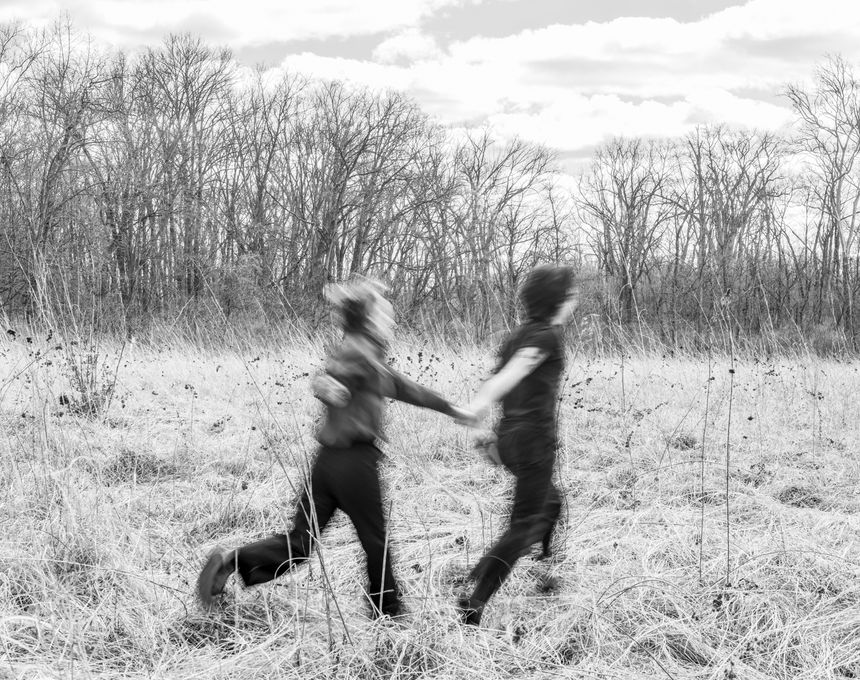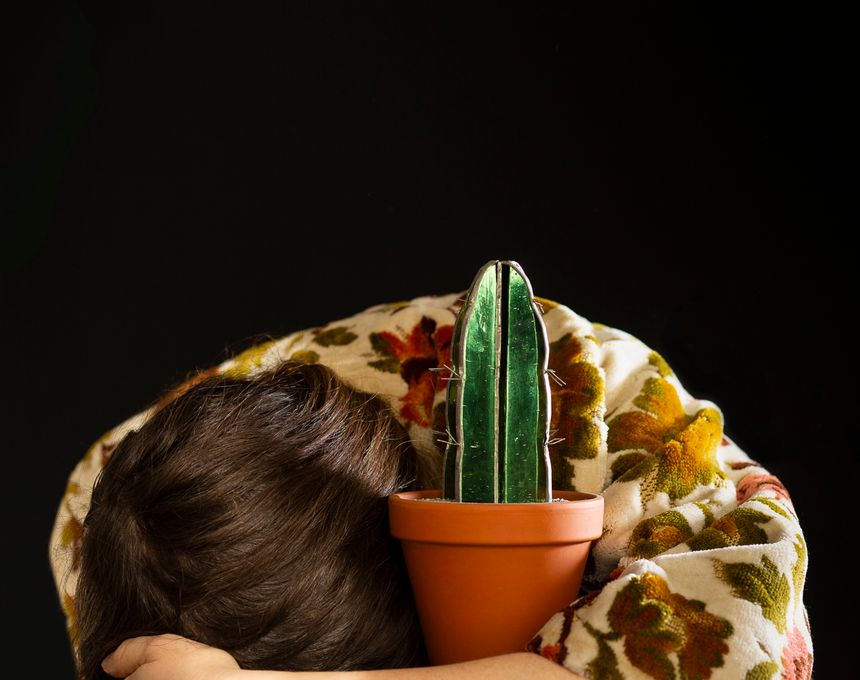Red Black White
-
Dates2020 - Ongoing
-
Author
“Red Black White” is a part of an ongoing project about women living with HIV in Armenia.
Due to poor socioeconomic conditions, many Armenian men spent a large part of the year working abroad, primarily in Russia. Due to circumstances such as lack of knowledge and the vulnerability of migrants, those men acquire STDs or HIV, which they transfer to their wives. Sadly, their wives discover they’re infected when they become pregnant and get tested. In most cases women are just ordinary women, wives and mothers from very traditional Armenian families and simply the victims of shame.
According to the information provided by the “National Center for Infectious Diseases” CJSC, as of March 2021, 4217 cases of HIV infection were registered in Armenia, 30,6% of which (1292 cases) are females. Heterosexual transmission is the major route of disease spread, and 93,7% of women living with HIV acquired the infection from their husbands. The majority of cases (350) were registered among women aged 20-29.
The project is multilayered and it’s not only about HIV. The subject is very sensitive and vulnerable. I feel huge responsibility from my side to not harm women who live with HIV as they don’t want to be identified. During these years I tried to find the most secure and safe way of storytelling, where they can talk and be photographed. As documenting their daily life in their homes could reveal their identity I found safest photographic approach: working in the studio with old medium format film camera.
During my researches I wanted to understand the reasons under the subject which are simply connected with the shame, Armenian traditions, education, society, gender issues. That’s why besides the portraits of women I also photographed details and stills that are connected, or reflecting intimacy of traditions, gender issues and etc.
I‘ve also built very good relationship with the Armenian organization “Real People, Real World”. From the beginning of my project they helped me in my researches and connected with many women that are now ready to be part of the project.
The submitted photographs feature four women with stories that share their personal experiences.
The project is ongoing. I plan to continue and finalize it, interview and photograph more women, to have a complete body of work.

